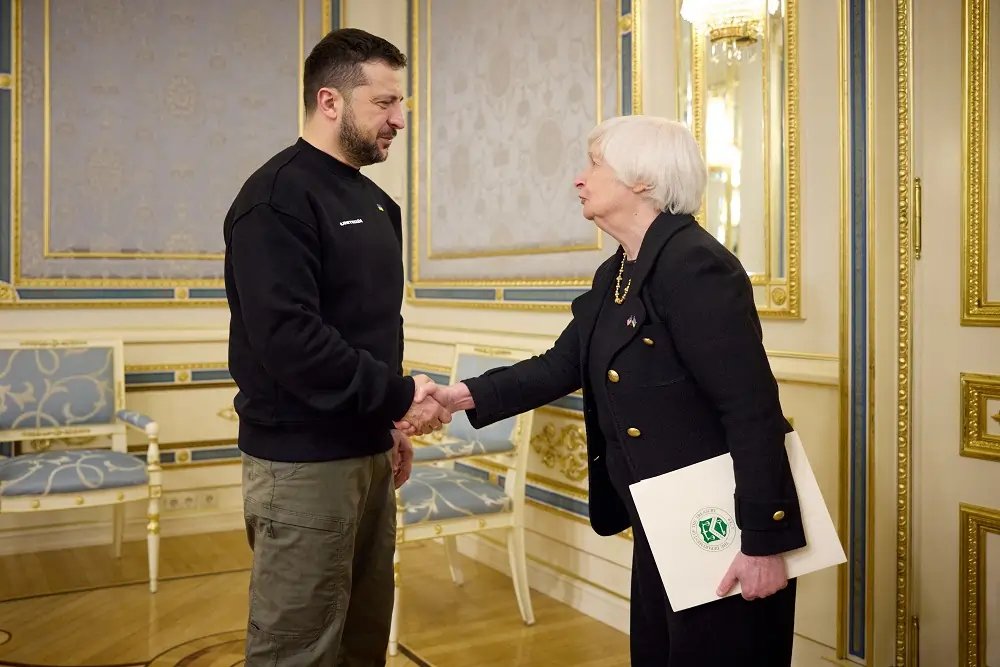MoneyOnMobile Has Thus Far Received $5.5 Million in Subscriptions with 10 Days Left in its Pending Rights Offering
Published by Gbaf News
Posted on June 13, 2018
3 min readLast updated: January 21, 2026

Published by Gbaf News
Posted on June 13, 2018
3 min readLast updated: January 21, 2026

MoneyOnMobile, Inc. (OTCQB: MOMT) MoneyOnMobile notifies the public that the Subscription Agent has received approximately $5.5 million in aggregate irrevocable subscriptions for the purchase of Common stock at $6.00 per share. The rights offering shall not close unless the company is uplisted to Nasdaq.
“We would like to remind all subscribers, that though the number of subscriptions that we have received exceeds the minimum subscription amount needed to close, we will continue to pursue our Nasdaq uplisting, which remains a condition to closing,” said Harold Montgomery, CEO and Chairman. “We remain committed to our Nasdaq uplisting application process or returning your capital to you, our right holders on a timely basis should we not successfully uplist. One of the criteria for uplisting to Nasdaq was identifying three market makers willing to make a market in our Common stock once we uplist to Nasdaq, and with those letters forthcoming, we are one step closer to our goal to close this rights offering.”
“As a reminder, this right offering allows MoneyOnMobile right holders the opportunity but not the obligation to maintain or increase their respective ownership in the company by exercising their basic subscription rights or over-subscribing via the over-subscription privilege. To date, about 67% of the subscriptions that have come in so far have been basic subscriptions, while about 33% have been over-subscriptions.”
Right holders who fully exercise their basic subscription privilege will be entitled to purchase additional shares of MoneyOnMobile Common stock via the over-subscription privilege (should any of the offering remain unsubscribed at the expiration of the subscription period). This rights offering shall not exceed $10 million (approximately 1,666,667 shares of Common stock) and be no less than $5.5 million (approximately 916,667 shares), which already has been received in the form of subscriptions and into escrow.
MoneyOnMobile, Inc. (OTCQB: MOMT) MoneyOnMobile notifies the public that the Subscription Agent has received approximately $5.5 million in aggregate irrevocable subscriptions for the purchase of Common stock at $6.00 per share. The rights offering shall not close unless the company is uplisted to Nasdaq.
“We would like to remind all subscribers, that though the number of subscriptions that we have received exceeds the minimum subscription amount needed to close, we will continue to pursue our Nasdaq uplisting, which remains a condition to closing,” said Harold Montgomery, CEO and Chairman. “We remain committed to our Nasdaq uplisting application process or returning your capital to you, our right holders on a timely basis should we not successfully uplist. One of the criteria for uplisting to Nasdaq was identifying three market makers willing to make a market in our Common stock once we uplist to Nasdaq, and with those letters forthcoming, we are one step closer to our goal to close this rights offering.”
“As a reminder, this right offering allows MoneyOnMobile right holders the opportunity but not the obligation to maintain or increase their respective ownership in the company by exercising their basic subscription rights or over-subscribing via the over-subscription privilege. To date, about 67% of the subscriptions that have come in so far have been basic subscriptions, while about 33% have been over-subscriptions.”
Right holders who fully exercise their basic subscription privilege will be entitled to purchase additional shares of MoneyOnMobile Common stock via the over-subscription privilege (should any of the offering remain unsubscribed at the expiration of the subscription period). This rights offering shall not exceed $10 million (approximately 1,666,667 shares of Common stock) and be no less than $5.5 million (approximately 916,667 shares), which already has been received in the form of subscriptions and into escrow.
Explore more articles in the Top Stories category











